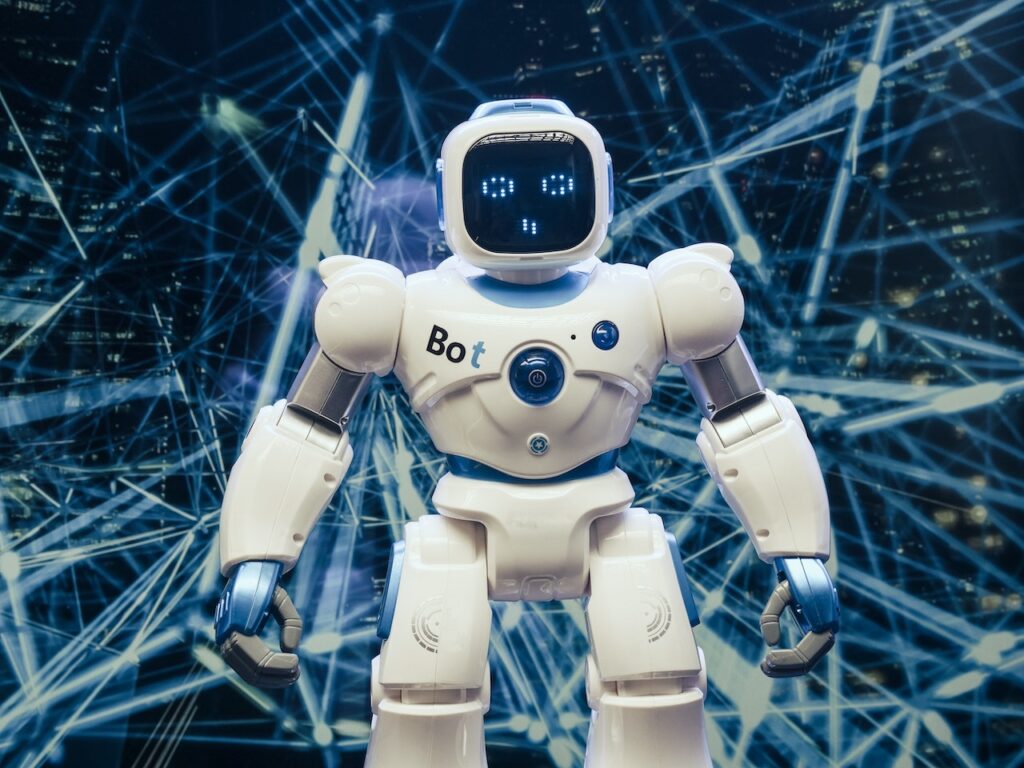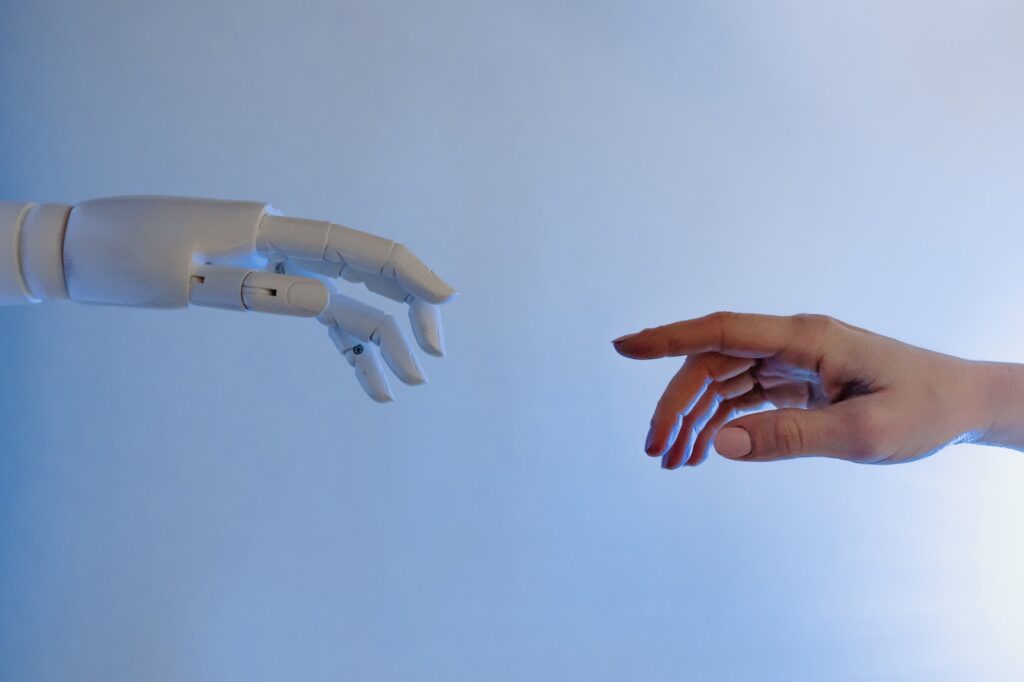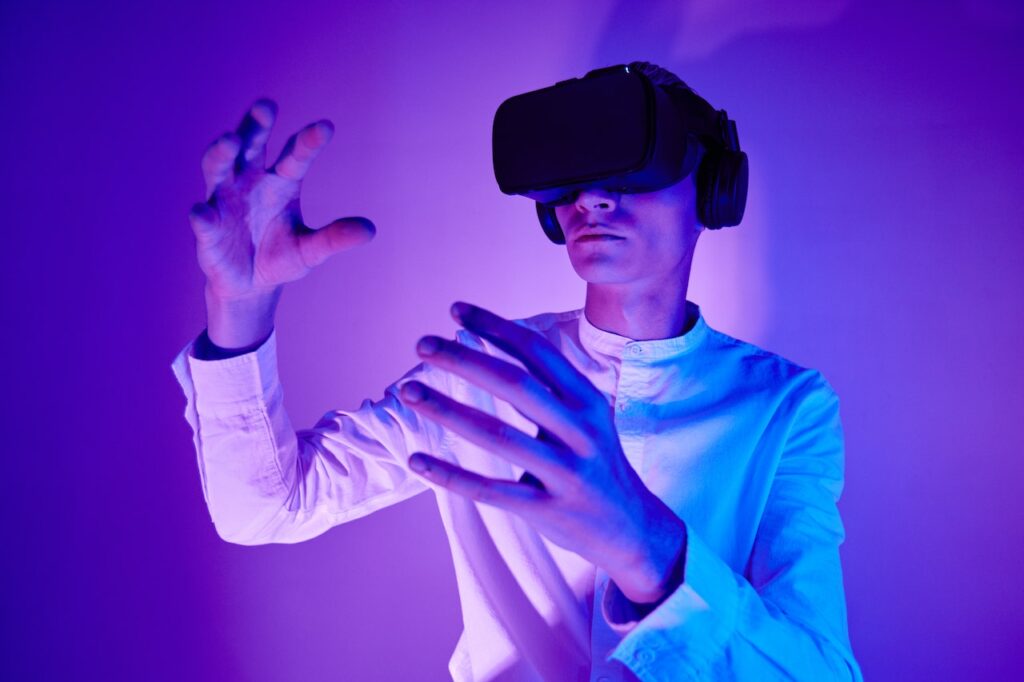Artificial intelligence (AI) is a branch of computer science that deals with the development of machines and systems capable of performing tasks that would typically require human intelligence. AI has become increasingly important in the modern world due to its ability to automate and optimize various processes, thereby improving efficiency and productivity in different industries. In this article, we will explore various AI applications in different industries and why AI is essential in the modern world.
Understanding AI for Beginners
Before delving into AI’s applications, it’s essential to understand the basics of AI. AI is divided into two main categories: narrow AI and general AI. Narrow AI, also known as weak AI, is designed to perform specific tasks, such as image recognition, natural language processing, and recommendation systems. On the other hand, general AI, also known as strong AI, is designed to perform any intellectual task that a human can do. However, we are yet to develop a strong AI system that can match the intellectual abilities of humans.
Benefits of AI in Different Industries
AI Applications in Healthcare
AI has various applications in healthcare, including personalized medicine, disease diagnosis, drug discovery, and patient monitoring. AI-powered tools can analyze large sets of medical data to identify patterns and predict outcomes, thereby improving the accuracy of diagnoses and treatment plans. Additionally, AI-powered robots can perform surgeries with greater precision, reducing the risk of complications and recovery time.
AI-powered Chatbots for Customer Service
AI-powered chatbots are becoming increasingly popular in the customer service industry. Chatbots use natural language processing (NLP) and machine learning algorithms to understand customer queries and provide quick and accurate responses. This reduces the need for human customer service representatives, thereby reducing operational costs and improving customer satisfaction.

How AI Is Transforming Marketing
AI is transforming the marketing industry by enabling marketers to analyze vast amounts of consumer data to identify patterns and predict behavior. This helps marketers personalize their campaigns and target specific demographics, increasing the chances of success. Additionally, AI-powered tools can optimize advertising campaigns in real-time, thereby improving ROI and reducing costs.
AI Applications in Finance
AI has numerous applications in the finance industry, including fraud detection, risk management, and investment management. AI-powered tools can analyze large sets of financial data to identify patterns and predict outcomes, thereby improving decision-making and reducing the risk of losses.
AI and Data Privacy Regulations
As AI applications become more widespread, data privacy concerns have become more prevalent. Governments around the world are implementing regulations to ensure that AI systems are transparent and protect user data. AI developers must ensure that their systems comply with data privacy regulations, thereby promoting trust and ethical AI development.
AI and the Future of Work
AI is changing the nature of work by automating routine and repetitive tasks, thereby allowing workers to focus on more creative and high-value tasks. While this may lead to job displacement, it also creates new job opportunities in fields such as AI development, data science, and machine learning.

AI-powered Virtual Assistants
AI-powered virtual assistants are becoming increasingly popular in homes and workplaces. Virtual assistants can perform various tasks, such as scheduling appointments, setting reminders, and answering queries. Additionally, they can learn and adapt to users’ preferences, making them more personalized and efficient.
Ethics in AI Development
AI development must be guided by ethical principles to ensure that AI systems are transparent, unbiased, and protect user privacy. Developers must consider the potential social and economic impact of their systems and ensure that they do not perpetuate existing biases and inequalities.
AI and the Future of Work
As AI continues to advance, it is important to consider how it will impact the future of work. While some fear that AI will replace human workers, many experts predict that AI will actually create new job opportunities and enhance the work of human employees.
For example, AI can be used to automate repetitive tasks, freeing up employees to focus on more complex and creative work. AI can also be used to augment human decision-making, providing valuable insights and recommendations based on large sets of data.
In addition, the development and implementation of AI technology will require skilled workers in areas such as data analysis, machine learning, and software engineering. This means that the demand for workers with these skills is likely to increase in the coming years.
AI-Powered Virtual Assistants
AI-powered virtual assistants such as Amazon’s Alexa and Apple’s Siri have become increasingly popular in recent years. These devices use natural language processing and machine learning to understand and respond to user commands and questions.
Virtual assistants can be used for a variety of tasks, such as setting reminders, playing music, and even controlling smart home devices. As the technology behind these assistants continues to improve, they are becoming more intuitive and capable of handling more complex requests.

Ethics in AI Development
As with any powerful technology, there are ethical concerns surrounding the development and use of AI. One major concern is the potential for AI to be used to perpetuate bias and discrimination, particularly in areas such as hiring and lending.
There is also concern about the use of AI in autonomous weapons systems, which could potentially lead to unintended harm or even catastrophic consequences.
To address these concerns, there have been calls for increased transparency and accountability in AI development, as well as the development of ethical guidelines and regulations.
The Impact of AI on Society and the Economy
The widespread adoption of AI is expected to have a significant impact on both society and the economy. AI has the potential to increase productivity and efficiency, leading to economic growth and the creation of new jobs.
However, there is also concern that AI could lead to widespread job displacement, particularly in industries such as manufacturing and transportation.
There is also the potential for AI to exacerbate existing economic inequality, as those with access to AI technology may have a significant advantage over those without.
AI and the Internet of Things (IoT)
The Internet of Things (IoT) refers to the network of physical objects such as appliances, vehicles, and buildings that are connected to the internet and can communicate with each other.
AI can be used to analyze the vast amounts of data generated by these devices, providing valuable insights and allowing for more efficient and effective operation of these objects.
For example, AI can be used to optimize energy usage in buildings or to predict when maintenance is required for machinery.
Conclusion
AI is a powerful technology that has the potential to transform a wide range of industries and aspects of daily life. While there are certainly concerns about the impact of AI on society and the economy, there is also great potential for AI to create new opportunities and enhance the work of human employees.
As AI continues to evolve, it is important to consider the ethical implications of its development and use, and to work towards creating a future in which AI is used in a responsible and beneficial way.
FAQs:
What is artificial intelligence (AI)?
AI is a branch of computer science that aims to create intelligent machines that can perform tasks that would typically require human intelligence, such as learning, problem-solving, decision making, and language understanding.
How does AI work?
AI systems use algorithms to process vast amounts of data, learn from it, and make decisions or predictions based on that learning. AI can be classified into two main categories: rule-based systems and machine learning systems. Rule-based systems follow pre-set rules to make decisions, while machine learning systems learn from data and can make decisions based on that learning.
What are the benefits of AI?
AI has numerous benefits, such as increased efficiency and productivity, cost savings, improved accuracy and reliability, enhanced customer experience, and better decision-making. AI can also help us tackle complex problems in various fields, such as healthcare, finance, manufacturing, and transportation.
What are the risks associated with AI?
There are some risks associated with AI, such as data privacy and security concerns, bias and discrimination, job displacement, and autonomous weapons. It’s important to address these risks through responsible development, regulation, and ethical guidelines.
How can businesses use AI?
AI can be used in various ways by businesses, such as for customer service chatbots, marketing automation, fraud detection, predictive analytics, and supply chain optimization. Small businesses can also benefit from AI by using cost-effective AI tools and solutions to improve their operations.
What is the future of AI?
The future of AI is bright and full of opportunities. We can expect to see more advanced AI systems that can learn from less data and make more accurate predictions. AI will also become more integrated into our daily lives, from virtual assistants to self-driving cars. However, we need to ensure that AI is developed responsibly and ethically to avoid any negative consequences.
Photo by Markus Spiske




9 thoughts on “Why Artificial Intelligence (AI) Is Important In Modern World”